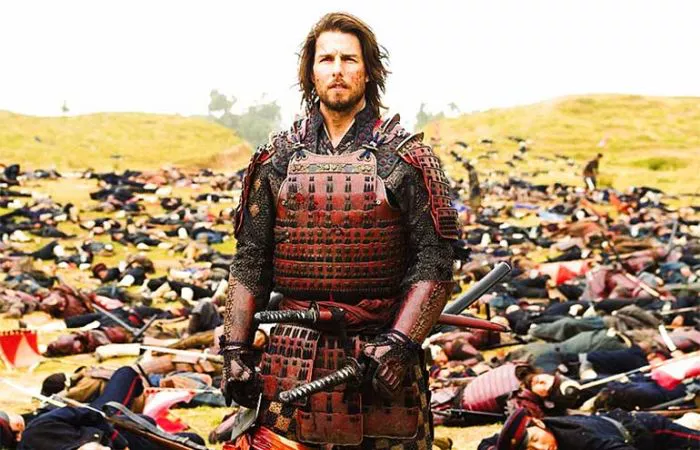The question of why Japanese samurai did not extensively use guns, particularly during the period of their prominence in feudal Japan, involves a nuanced examination of historical, cultural, and technological factors. The samurai’s preference for traditional weapons and tactics over firearms reflects a complex interplay of practical considerations, martial traditions, and societal values. Let’s explore the reasons behind the limited adoption of guns by Japanese samurai and the broader implications of this choice.
Historical Context: Introduction of Firearms in Japan
Arrival of Firearms: Firearms, introduced by Portuguese traders in the mid-16th century, initially fascinated Japanese warlords and samurai. The matchlock arquebus, known as “teppo,” rapidly spread across Japan, revolutionizing warfare.
Adoption by Daimyo: Some daimyo (feudal lords) and their armies quickly adopted firearms, leveraging their firepower against traditional cavalry and infantry tactics. Firearms played a decisive role in key battles during the Sengoku period (Warring States period).
Reasons for Limited Adoption by Samurai
Martial Tradition and Identity:
The samurai viewed mastery of traditional martial arts, such as swordsmanship (kenjutsu) and archery (kyujutsu), as central to their identity and honor. Many samurai regarded firearms as dishonorable or lacking in martial elegance compared to traditional weapons.
Skill and Training:
Firearms required extensive training and coordination to operate effectively. Samurai, who prided themselves on individual skill and close combat prowess, may have been initially reluctant to adopt firearms due to their complex mechanics and reliance on group tactics.
Cost and Maintenance:
Firearms were initially expensive and technologically complex, requiring specialized maintenance and access to gunpowder and ammunition. This limited their widespread adoption among samurai, particularly lower-ranking warriors.
Cultural Stigma:
The adoption of firearms was associated with foreign influence, particularly European traders and missionaries. Some samurai resisted Western influence and cultural assimilation, preferring to preserve traditional Japanese values and martial practices.
Tactical Considerations and Battlefield Dynamics
Limited Effectiveness in Close Combat:
Firearms were less effective in close-quarter combat, where samurai excelled. The samurai’s focus on individual combat and swordsmanship favored melee weapons over ranged firearms.
Dependence on Archery and Swordsmanship:
Samurai emphasized archery and swordsmanship as integral components of their martial training. Mastery of these skills reflected samurai virtues of discipline, focus, and courage.
Evolution of Firearms Use in Japan
Integration into Military Tactics:
Over time, firearms became integrated into Japanese military tactics, particularly during the Sengoku period and the later Edo period (1603-1868). Samurai adapted to changing battlefield dynamics and leveraged firearms alongside traditional weapons.
Role in Feudal Warfare:
Firearms played a significant role in shaping feudal warfare in Japan, contributing to the decline of cavalry-based tactics and the rise of mass infantry formations.
Legacy and Cultural Impact
Symbol of Samurai Tradition:
Despite limited adoption, firearms symbolize an era of technological change and cultural exchange in Japan. The samurai’s preference for traditional weapons reflects enduring values of honor, discipline, and martial prowess.
Modern Interpretations:
Firearms continue to hold cultural significance in Japan, influencing popular media, martial arts, and historical reenactments. The legacy of samurai warfare underscores Japan’s rich martial heritage and cultural identity.
Conclusion
In conclusion, the limited adoption of firearms by Japanese samurai reflects a blend of martial tradition, cultural values, and tactical considerations. The samurai’s preference for traditional weapons and martial arts underscores their commitment to honor and discipline in an era of profound social and technological change. Despite the eventual integration of firearms into Japanese warfare, the samurai’s legacy endures as a symbol of Japan’s unique martial heritage and enduring fascination with warrior ethos and honor.
Related Topics:


